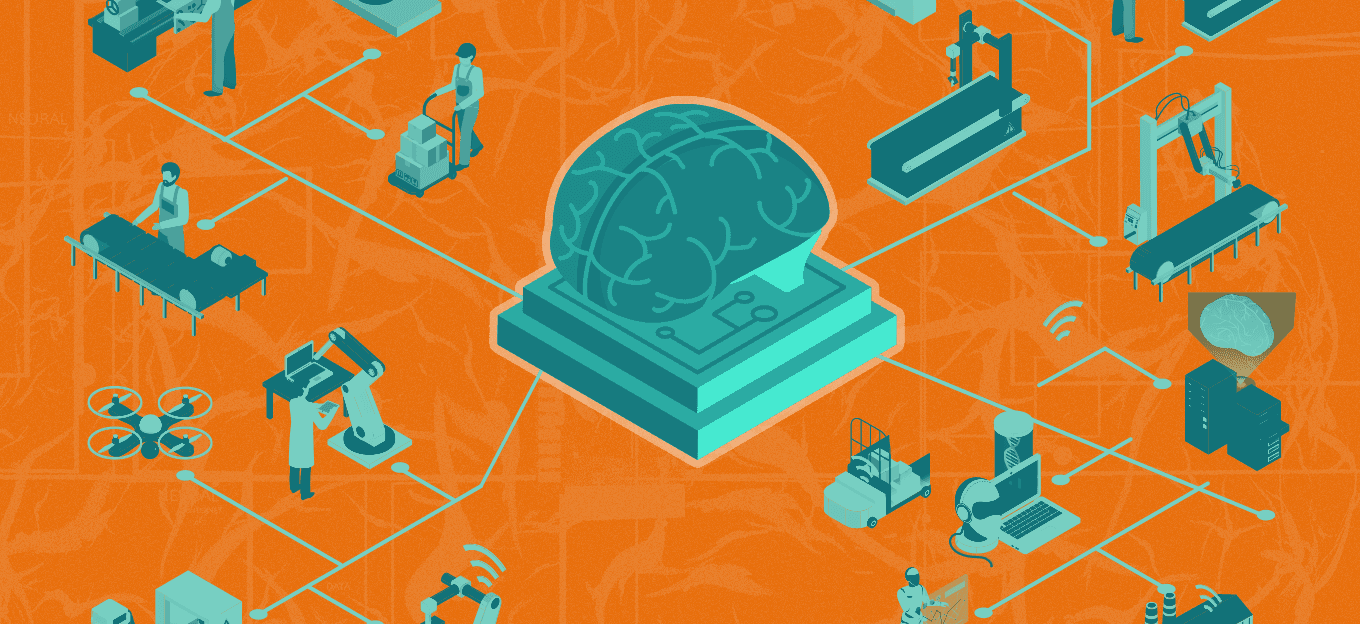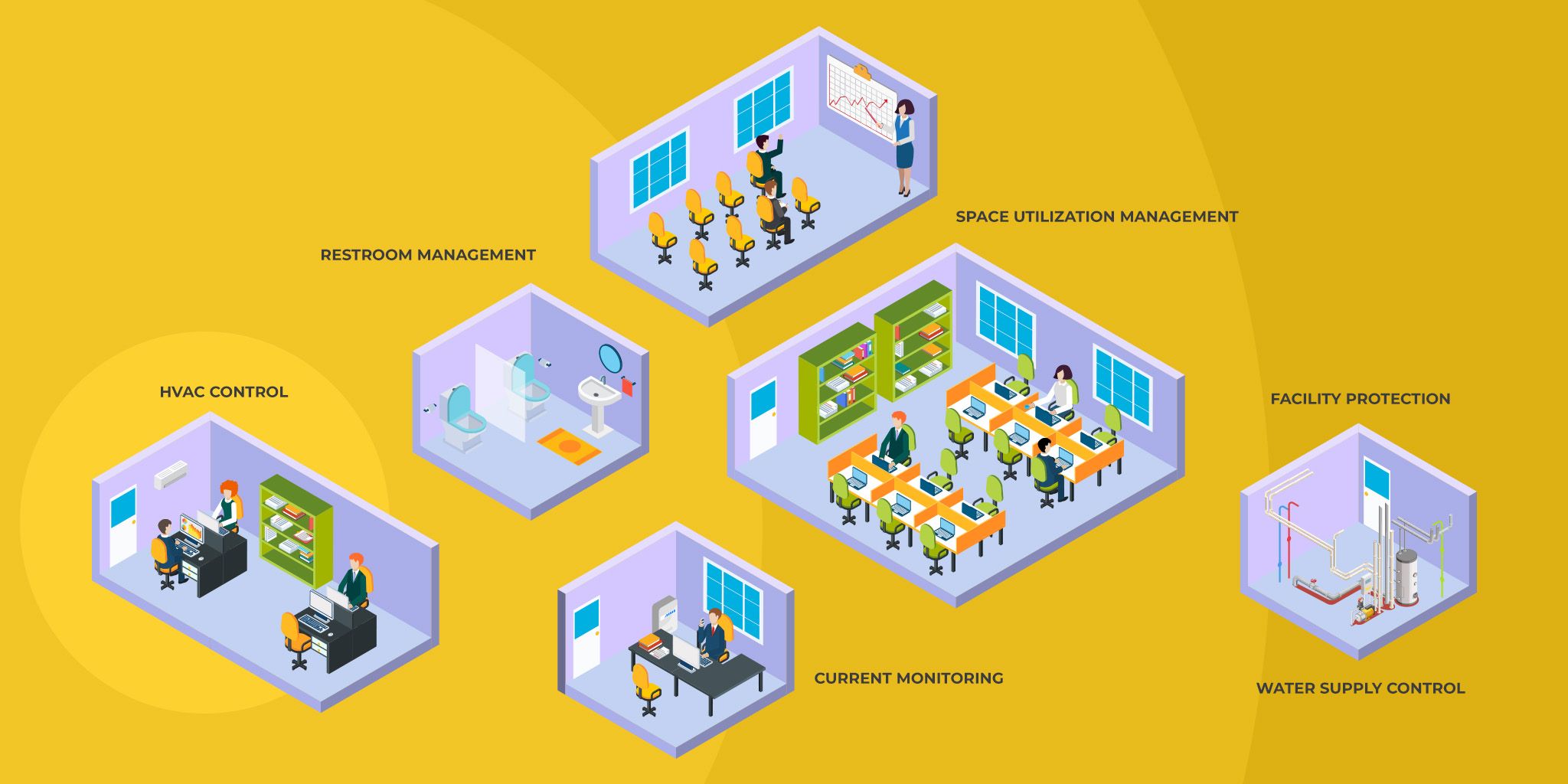4 Ways to Speed up RPA Solutions Implementation in 2021
4 Ways to Speed up RPA Solutions Implementation in 2021
- Last Updated: December 2, 2024
Shardul Bhatt
- Last Updated: December 2, 2024



The Robotic Process Automation (RPA) software industry has already surpassed every threshold. During the pandemic, automation became a business priority for digital transformation. There was an increase in demand for RPA solution architects and developers. RPA implementation became an important part of an organization’s operational activities.
With the increasing competition, speed up the RPA implementation methodology is essential. While you can hire RPA services and start system integration, a slow pace may be counterproductive. RPA adoption seems easy - the bigger challenge is implementing it at the right time.
Looking to speed up your RPA solution implementation? Here are four ways to have a competitive advantage.
This article highlights the best practices and ways to speed up RPA implementation steps in your organization. The right speed is essential to achieve ROI on RPA technology.
RPA Implementation Steps: How to Begin
Before you understand how to speed up implementing RPA, it is important to know the steps involved in automation. RPA tools and techniques are harder to comprehend - so it is best, to begin with, the right steps for implementation. It will also help you solve any RPA implementation challenges that you face during the process.
Identify the Right Processes
The first step is to identify the right processes for automation. These processes would generally be identified through their high costs and volume, the margin of error, slow completion rate, and repetitive nature. An RPA solution can be implemented in mundane tasks and can be triggered through an RPA bot. You will achieve the best ROI only when you automate the processes that increase your efficiency.
Select an RPA Vendor
Once you have identified the right processes, you must select vendors for automation. You can build one RPA bot or an army of virtual workers who can complete your activities with minimal effort and zero error. Choosing an RPA vendor depends on the cost, features, and the complexity of RPA implementation in your legacy system.
Hire RPA Services Provider
You can use the free RPA tools for automating your mundane tasks. But it requires careful study and knowledge about RPA. You need training and experience for implementation. Hiring an RPA solution architect or a team of RPA developers from a certified company can save you a lot of trouble. They understand the process, develop bots to improve the process, and provide complete maintenance for your RPA software.
Develop and Test
The next step is to develop the RPA bots that will act with a certain trigger. Whether it’s data entry or providing customer information to the sales team, RPA bots need every activity trigger. Once they are ready, the RPA developer will test the bot for any issues and bugs. The goal is to ensure that the RPA technology bots are achieving the expected level of efficiency. Testing also ensures that all the improvements are in place.
Maintenance of RPA Bots
Installing and initiating RPA implementation continues with the maintenance of the RPA bots. Even though RPA software is a one-time investment, it needs regular maintenance and support. The RPA consultant will monitor the bot for any inconsistencies. If there’s a need for any new automation, they will build it without any hassle. They will remove or eliminate any bots & triggers that do not deliver the estimated results.
4 Ways to Speed up the RPA Implementation Process
RPA implementation is hindered when there are a lot of stakeholders involved. Mostly, the biggest RPA implementation challenges occur in convincing the management of its effectiveness.
An RPA solution can increase the accuracy of the automated process by 50 to 70 percent. It increases the process efficiency by more than 75 percent and 95 percent in some cases. However, it is only possible when RPA technology is implemented at the right time.
Don’t worry if you are running late in RPA implementation. Here are 4 ways to speed up the RPA implementation process and bring in more efficiencies in your organizational system.
Outsource an RPA Team
An in-house team of RPA developers is often the first thing that comes to mind. However, it is much better to have the right team than your own team. However, an in-house team for small and mid-sized organizations is costly and difficult to manage.
There’s still a shortage of qualified RPA solutions architects for implementation. You must hire an RPA services provider who offers skilled resources for RPA technology. These companies often have an RPA Centre of Excellence that enables them to deliver quality RPA solutions for different industries.
Choose the Right Partner
Often the wrong RPA implementation platform can lead to the biggest issues. Just because a vendor is popular, you shouldn’t select them. You must identify if they can automate the complex processes you have.
You have to ensure that the RPA vendor offers scalability. The larger your enterprise, the more bots you will need to automate the processes. The solutions should be accessible and have functionalities that easily integrate with a wide variety of systems. You have to ensure that there’s a minimal human intervention with the RPA software you choose.
Find Valuable Outcomes
This is probably the most important of the RPA implementation challenges you need to solve. You cannot enhance system-level performance by the integration of RPA solutions for invaluable operations. You need to find valuable outcomes for the bots as well as the developers that they will replace. Don’t underestimate the complexities of implementation and hire experienced RPA companies that find value in your process automation.
Standardize Success Metrics
It would help if you determined the success metrics for your RPA undertaking. You can incorporate the best RPA tools & techniques and still get average results if there’s no standardization to success.
There’s always the need for well-defined process mapping to identify the benchmarks you wish to achieve through RPA implementation steps. When you have metrics in place, you can delve deeper into the RPA process and speed it up as you know what you want to achieve. Whether it’s 50% more efficiency or 70% fewer errors, the standards you choose must have realistic values. Otherwise, you will sidetrack from achieving your goals.
Overcome RPA Implementation Challenges in 2021
RPA is enticing, challenging, risky, and rewarding. Initiating RPA technology implementation is easy. Speeding up the process to achieve the perfect ROI is difficult. The sooner you implement, the better your organization will be, and the quicker you will get a competitive advantage.
The Most Comprehensive IoT Newsletter for Enterprises
Showcasing the highest-quality content, resources, news, and insights from the world of the Internet of Things. Subscribe to remain informed and up-to-date.
New Podcast Episode

IoT in 2026: Trends and Predictions
Related Articles



